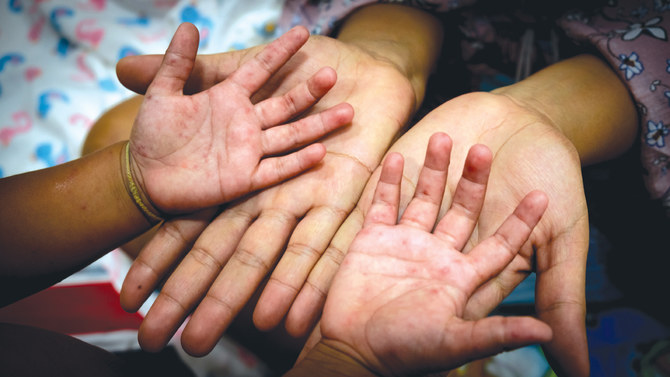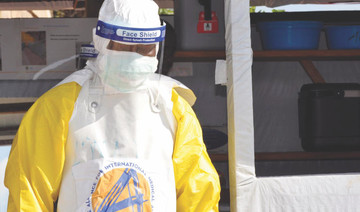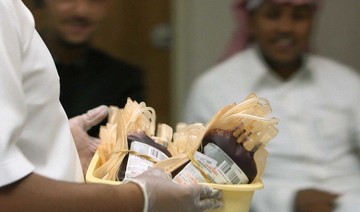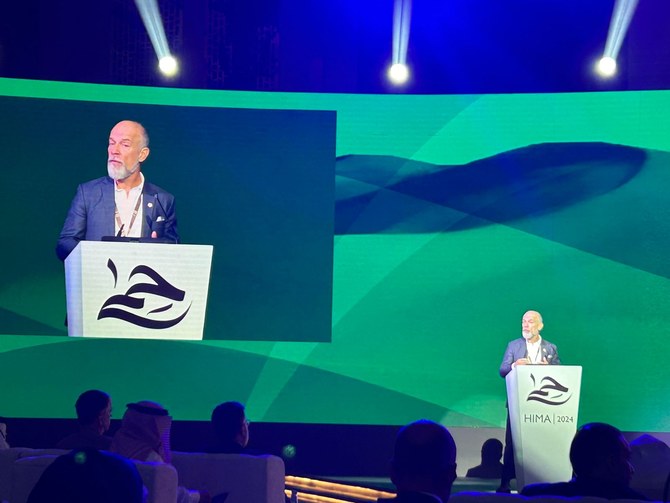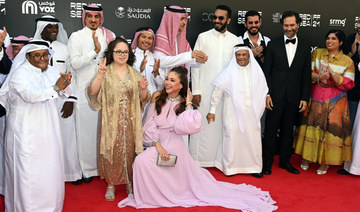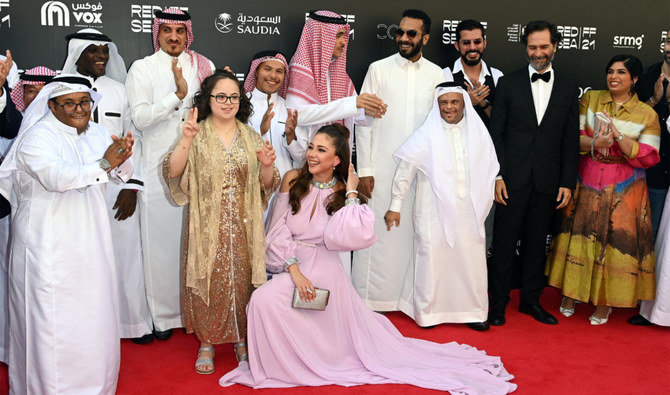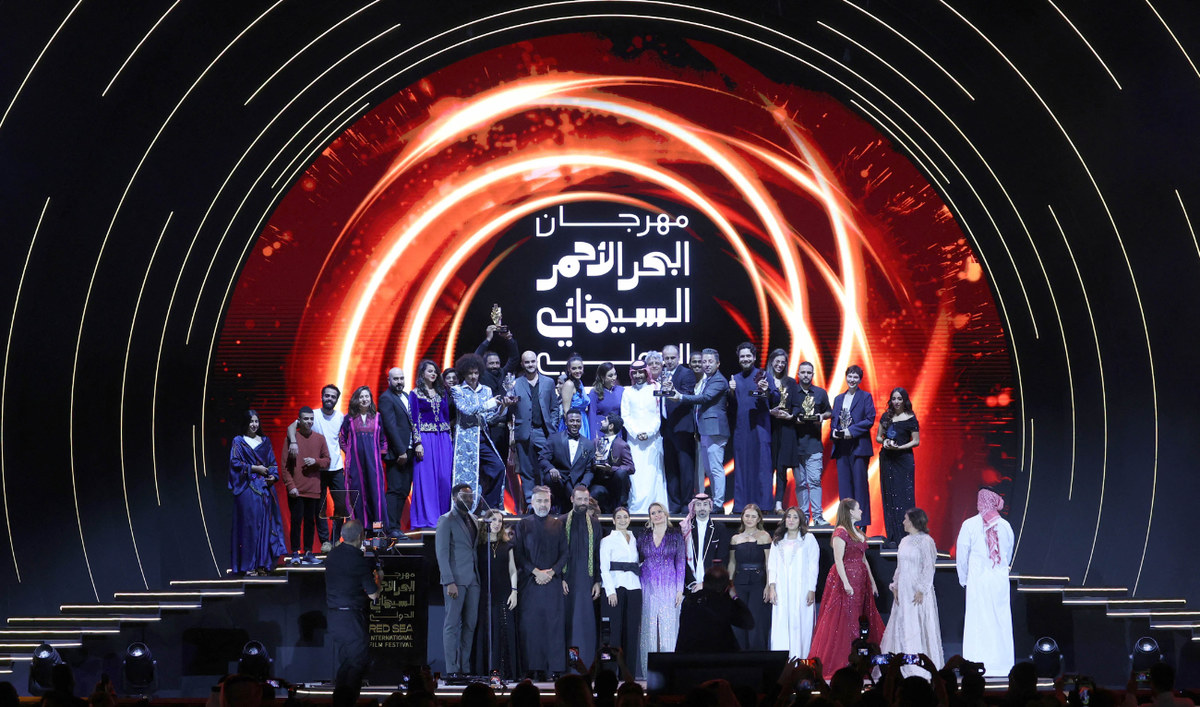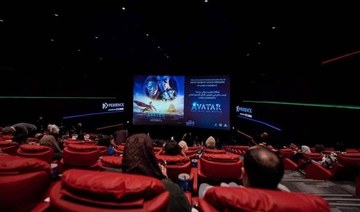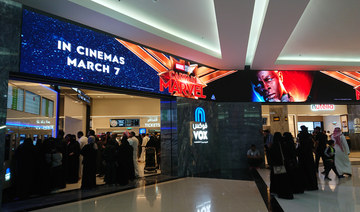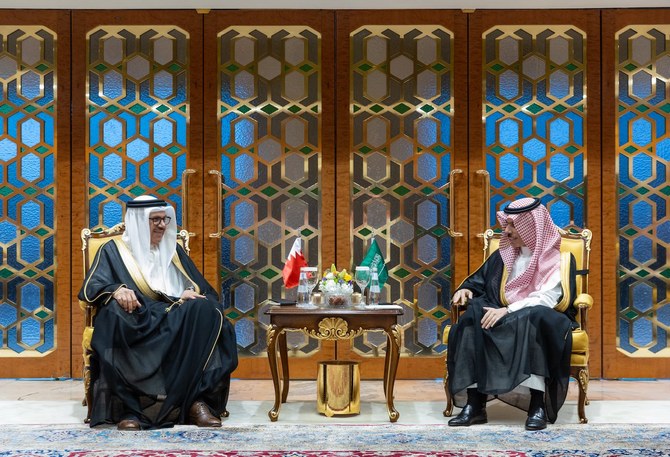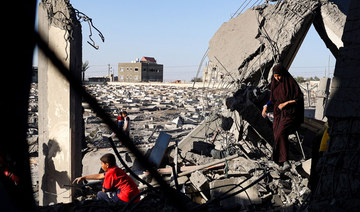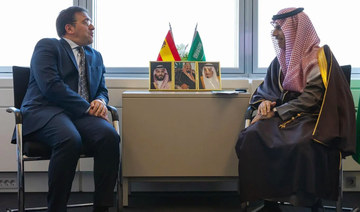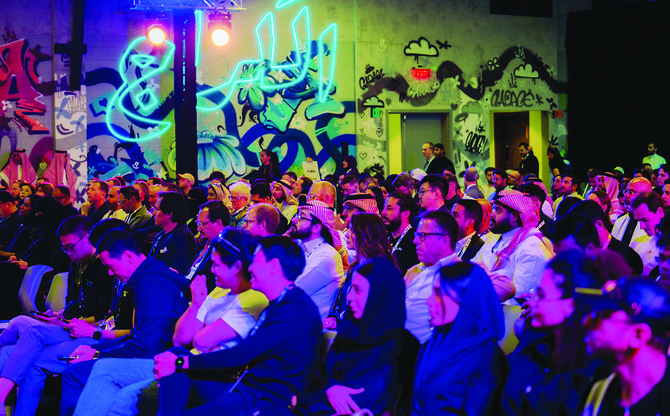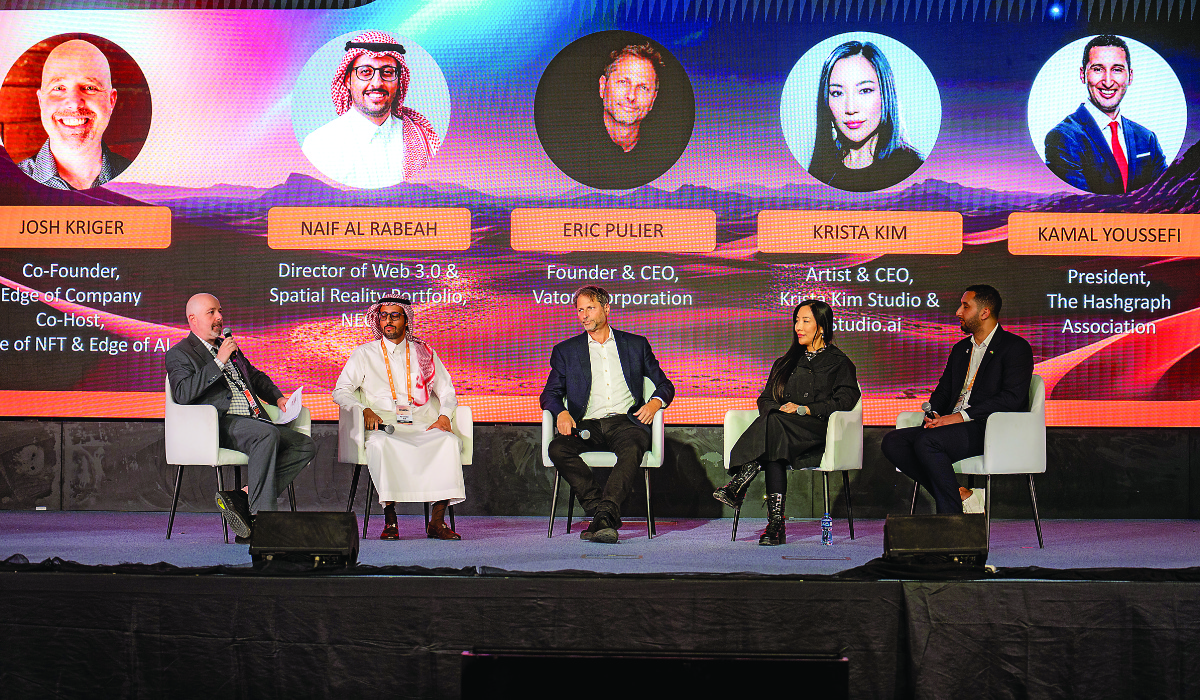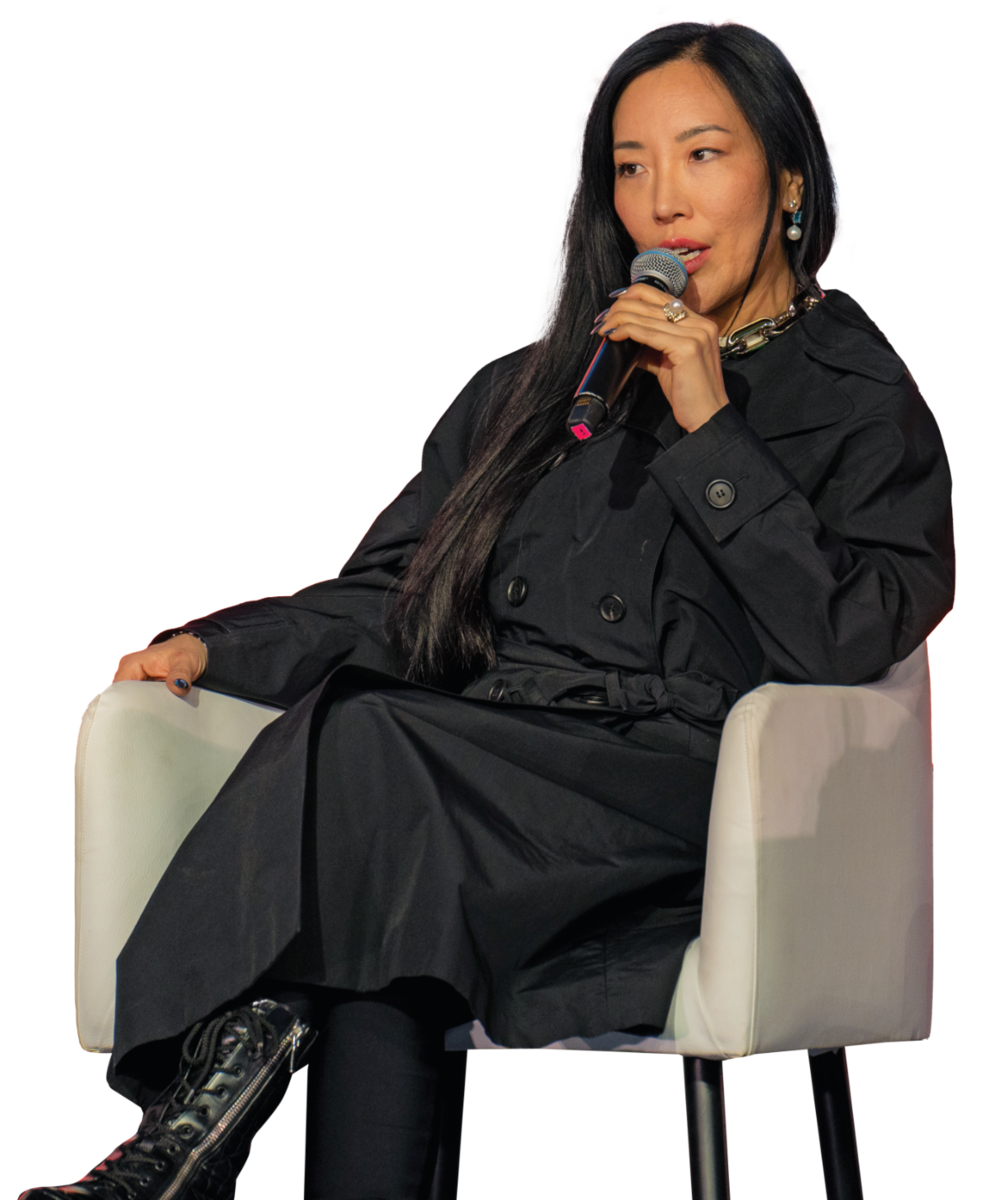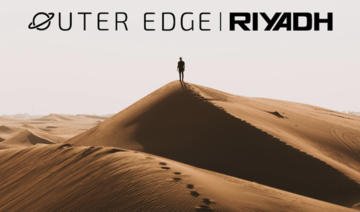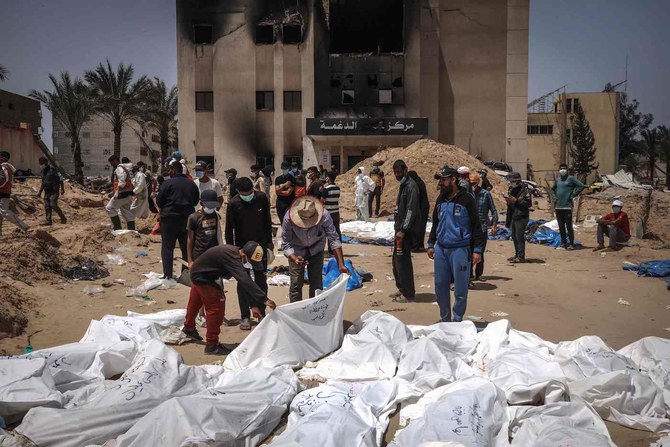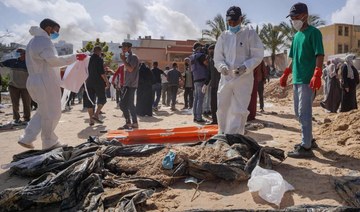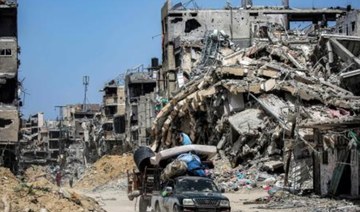JEDDAH: Measles, one of the most infectious diseases known to man, is on the march again despite the efforts of health agencies that only a decade ago believed they were close to conquering the illness.
Outbreaks of the disease, which is easily preventable by a single dose of measles, mumps and rubella (MMR) vaccine, have risen sharply in the past two years, with children bearing the brunt of the illness, often with fatal results.
The surge in measles cases has brought warnings from health experts, who say that gaps in vaccination are finally taking their toll.
Urgent efforts are needed to increase vaccination coverage or the results could be devastating, they warn.

Under a World Health Organization (WHO) global vaccine action plan, measles and rubella are targeted for elimination in five regions, including the Middle East, by 2020.
The organization’s key public health strategies to reduce deaths from measles include routine measles vaccination for children, combined with mass immunization campaigns in countries with low routine coverage.
Measles is transmitted by direct contact with infected droplets or by airborne spread. The disease killed millions throughout history before the introduction of the MMR vaccine in the 1960s.
Despite the efforts of the WHO and other health agencies, there has been a global uptick due to gaps in vaccination coverage.
A growing “anti-vax” movement around the world has also been blamed for the rise.
The measles vaccine in Saudi Arabia is mandatory, and no child is allowed to enter the education system without proof of stamped vaccination cards.
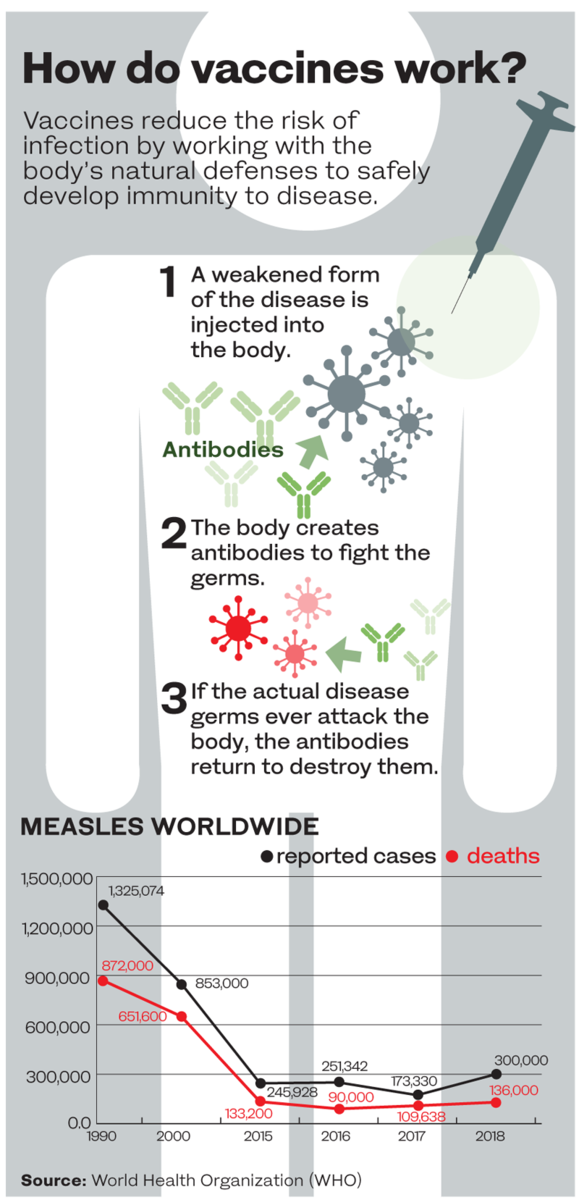
However, some parents have become caught up in concerns spread by the anti-vaccine movement, which grew out of a now-discredited 1998 study published in The Lancet medical journal. The study, which has since been retracted, claimed to establish a link between the MMR vaccine and autism.
“There is a growing group of parents or caregivers who wilfully ignore or deny the benefits of vaccinations to children and selfishly reject all possible resulting threats to public health,” said Dr. Haya Zedan, an assistant professor of public health at the College of Health Sciences in the Saudi Electronic University in Riyadh.
Arab News asked a number of “anti-vaxxers” in Saudi Arabia’s school community to comment, but they declined to go on
the record.
“This group may also be well educated and be of high socioeconomic status,” Zedan said. “I believe the key to resolving this may be a more proactive and visible stance being taken by the authorities, using solid evidence to refute claims being promoted by the anti-vax group.
“Vigorous community health promotion, education campaigns and social media could be used to dispel the growing mistrust in vaccines,” she said.
The dangers of avoiding vaccination were made all too clear last week in New York, where Mayor Bill de Blasio declared a public health emergency to combat a measles outbreak, mandating vaccinations in the Brooklyn neighborhood.
“We have a situation now where children are in danger. We have to take this seriously,” de Blasio said.
Zedan said there were several reasons for the return of the disease, including media sensationalism surrounding rare reactions to measles vaccines.
Conspiracy theories and fake news items on vaccines are rampant online, Zedan warned.
“Another reason is the high cost of vaccinations in the private sector, which is for many prohibitive and can result in undue delays in vaccinations,” she said.
According to UNICEF, measles cases rose by about 50 percent from 2017 to 2018, with 300,000 reported cases and 136,000 deaths last year.
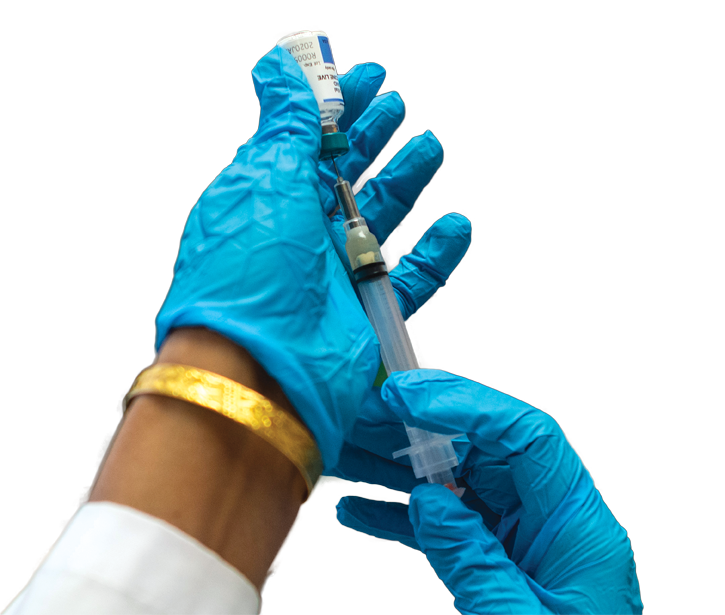
“The measles vaccine has been marketed since the 1960s and (the disease) killed millions of children every year before its development,” Dr. Abeer Aboud Alnajjar, a pediatric infectious disease consultant and assistant professor at King Abdulaziz University Hospital, told Arab News.
“There could be many reasons for not giving vaccines: Anti-vaxxers, negligence, misinformation. This is unfortunate since you are harming not only yourself or your child, but also the whole community. The rise of the anti-vaxxers will take medical achievements back years (to pre-1960 development of the vaccine),” Alnajjar said.
In 2000, measles was declared eliminated in the US after a widespread vaccination program. According to the US-based Center for Disease Control and Prevention, cases were at a stable low until the number spiked in 2014 and again in 2018.
While there are no national numbers for Saudi Arabia, in the first half of 2018, Europe recorded more than 41,000 measles cases, with 37 deaths. As of March 2019, 30,500 cases in Ukraine were reported, with 11 deaths; 21,396 cases were reported in the Philippines, with 315 deaths; and 10,334 cases were reported in Brazil, causing 12 deaths.
“If we can promote, we can prevent,” said Dr. Nabeela Al-Abdullah, an infection control consultant and associate professor at the clinical epidemiology and public health department at King Abdulaziz University Hospital.
“Measles outbreaks are preventable, but they keep happening. There is a lack of education with regard to the MMR vaccine. I published a report on the Burmese population in Jeddah. The number of unvaccinated individuals reached 500 cases in 14 neighborhoods. The numbers were staggering,” she said.
“Their communities are close-knit and an infection can easily be transferred. Their reason behind not vaccinating their children was due to a misconception that it would cost them. It’s expensive, especially since many have low-wage jobs. After my report, the Saudi Ministry of Health declared that all vaccines are free of charge at all health facilities.”
Many diseases are preventable by vaccinations. “To deny or neglect the importance of vaccinations is a major step backward,” said Alnajjar. “Vaccines and antibiotics are the two most important medical discoveries.”



